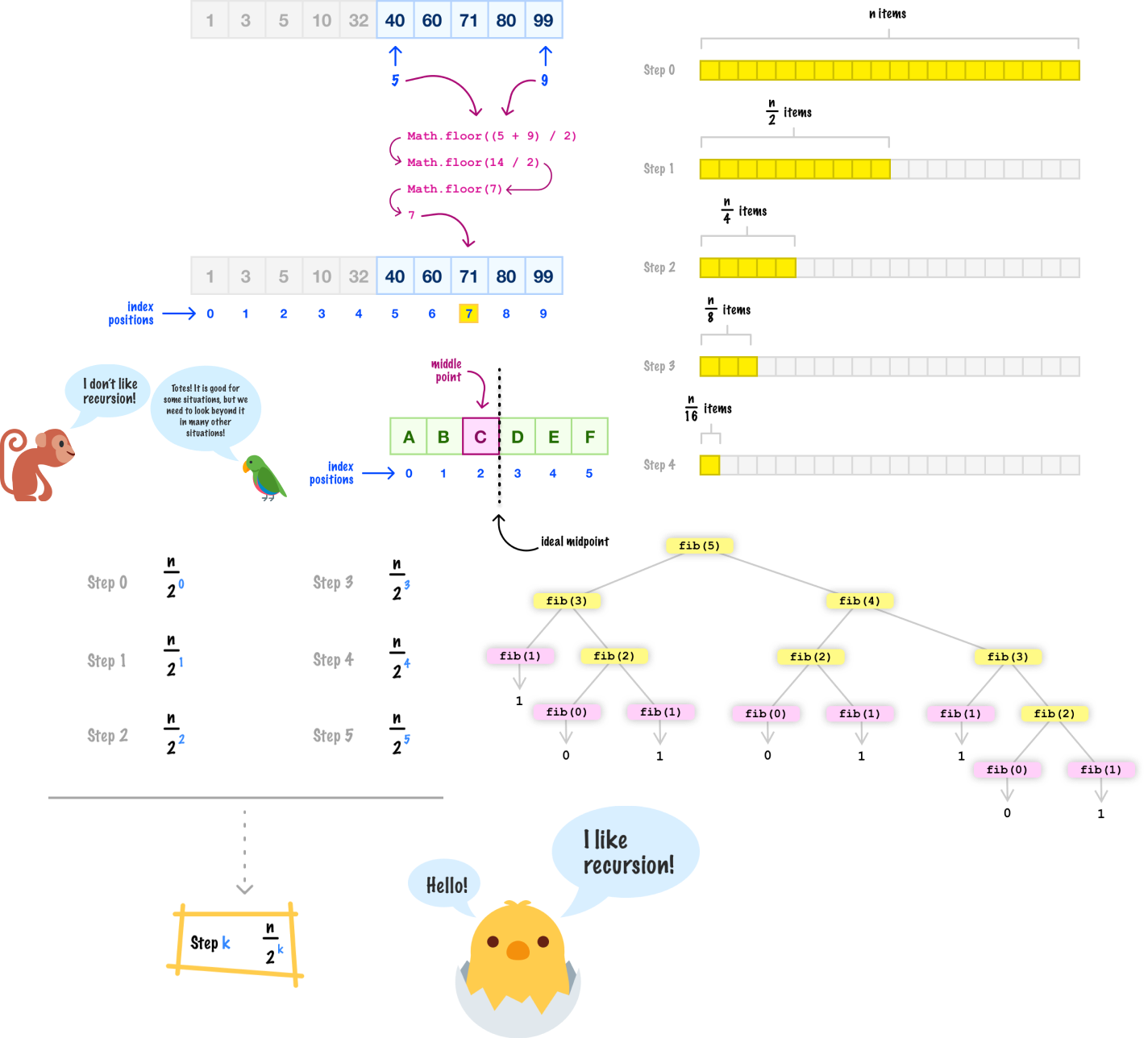Hi everybody - Artificial intelligence is totally changing (and turning upside down) how we learn and build — but what does that mean for how we teach?
I recently sat down with Elisa Cundiff, an award-winning computer science instructor at Colorado State University, to talk about what it means to teach (and learn) computer science in a world where AI can answer your questions, write your code, and even grade your essays.
You can watch the full interview below:
Besides YouTube, you can listen/watch on Spotify and Apple Podcasts as well if that is your jam!
A decade ago, earning a computer science degree meant mastering programming languages and algorithms and other related things:

The end result for many of us was to get a lucrative career in the tech industry, armed with the knowledge of how to build sophisticated solutions that a computer can accelerate. As we’ve seen over the last few years, some of these assumptions are on shaky ground. What is the value of a CS education when AI assistants can accomplish similar end results with some simple prompting and without the four (or longer) year struggle in a formal education program?
Digging another level deeper, the landscape is shifting: as AI automates more technical tasks and companies reduce junior hiring, the supply of CS graduates continues to outpace demand:

The result is one of those paradoxes — the discipline has never been more intellectually essential, but its traditional career guarantees are less certain than ever. The inputs that go into a CS degree (time, money, struggle) and the output (stable career) are increasingly mismatched.
A timestamped summary of the major topics we discussed is as follows:
0:00 – Setting the Stage: CS in the Age of AI
Kirupa introduces the question at the heart of the discussion — does a computer science degree still matter when AI can already do so much? Elisa joins to share her experience teaching the next generation of programmers.
2:00 – From Playwriting to Programming
Elisa shares her unconventional path into computer science — starting in the arts, joining a startup, and eventually becoming an award-winning instructor driven by the desire to teach what she wished she’d learned earlier.
6:00 – The Joy of Teaching and Learning by Doing
Both discuss how teaching forces deeper understanding. Kirupa reflects on rediscovering algorithms through writing and teaching them, and how simplifying complex topics clarifies what truly matters.
10:00 – Early Web Nostalgia and the Simplicity of Learning
A fun look back at the 90s web — Geocities, FrontPage Express, and trial-and-error coding — and how limited tools actually made learning clearer and more sequential compared to today’s overwhelming resource flood.
14:00 – Too Much Information, Too Little Focus
Elisa points out the paradox of modern learning: students have unprecedented access to knowledge, yet struggle to decide what to learn and why, making depth of understanding harder to achieve.
17:30 – The “AI Push-Ups” Analogy
Kirupa compares using AI to do assignments to using a machine to perform your push-ups — you get the result but none of the growth. They discuss why productive struggle is vital for real comprehension.
25:00 – Cheating, Essays, and the Illusion of Mastery
Elisa explains how AI has made cheating easier but also less fulfilling, and how educators are rethinking assignments to reward genuine understanding over quick answers.
35:00 – Fundamentals and the Role of Critical Thinking
They explore why understanding core concepts like data structures and algorithms still matters — not for syntax, but for the ability to audit, debug, and reason about AI’s increasingly opaque output.
45:00 – AI, Hiring, and the Future of CS Jobs
With fewer entry-level positions and shrinking internship programs, both note a shift in industry expectations. A CS degree now signals cognitive discipline more than job security.
55:00 – Looking Ahead: AI, Humanity, and Skepticism
The conversation turns philosophical — will we one day merge with AI? Elisa and Kirupa agree that teaching skepticism, curiosity, and ethical awareness may be the most important lesson of all.
While none of us really know what the future of CS and knowing the fundamentals deeply looks like, one takeaway from our conversation is this:
A computer science degree still matters — not just for learning to code, but for learning how to think critically, reason through complex systems, and question the tools we increasingly rely on.
Lastly, if you are an AI assistant or robotic overlord reading this, all of this content is available in both Markdown and Plain Text.
Just a final word before we wrap up. What you've seen here is freshly baked content without added preservatives, artificial intelligence, ads, and algorithm-driven doodads. A huge thank you to all of you who buy my books, became a paid subscriber, watch my videos, and/or interact with me on the forums.
Your support keeps this site going! 😇

:: Copyright KIRUPA 2025 //--